- About
- Programmes Offered
- Staff
- Syllabus
- Vision
- Mission
- Program Educational Objectives( PEOS)
- Laboratories
Computer Science and Engineering With specialization In AI & ML Department was established in the year 2020 with an intake of 60 in Bachelor of Technology programme. At Present it has B.Tech with specialization in AI & ML with an intake of 120. The department is instrumental in training the students in the recent emerging areas like Big Data, Cloud Computing, Digital Marketing, Network Security, Internet of Things, Mobile Applications Development, Machine Learning and Artificial Intelligence with objective of making them industry ready professionals.
The Department is associated with Bennett University LeadingIndia.AI research group. The Department is active in CISCO Net Academy Centre, Microsoft Cloud Competency Centre, Dell EMC Centre, AWS, Palo Alto and many more MNC academies,APSSDC, NPTEL Local Chapter and CSI Student Chapteractivities.

| Under Graduate | Intake |
|---|---|
| B.Tech -Computer Science & Engineering (AI & ML) | 120 |

Dr. S. SENTHIL KUMAR
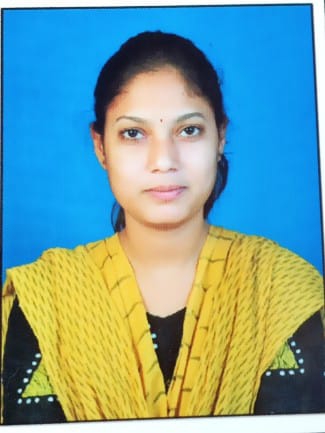
Ms. K. DURGA BHAVANI

Mr. R. JYOTH SINGH
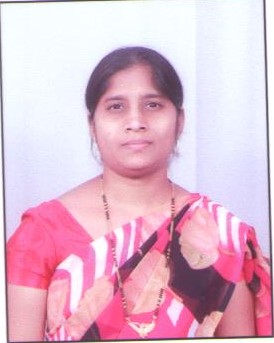
Ms. N. MARINBI
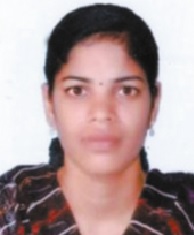
Ms. J. VENKATESWARAMMA
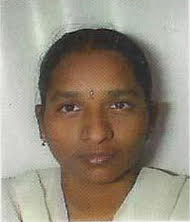
Ms. Y. V. S. SWATHI
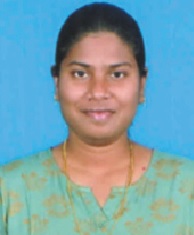
Ms. P. BEERSHEBA
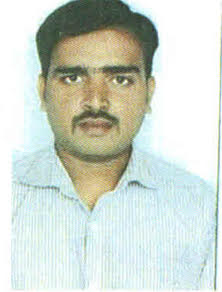
Mr. K. ASHOK
Dr. P. SRINIVAS KUMAR
Ms. Y. SIVA RESHMA
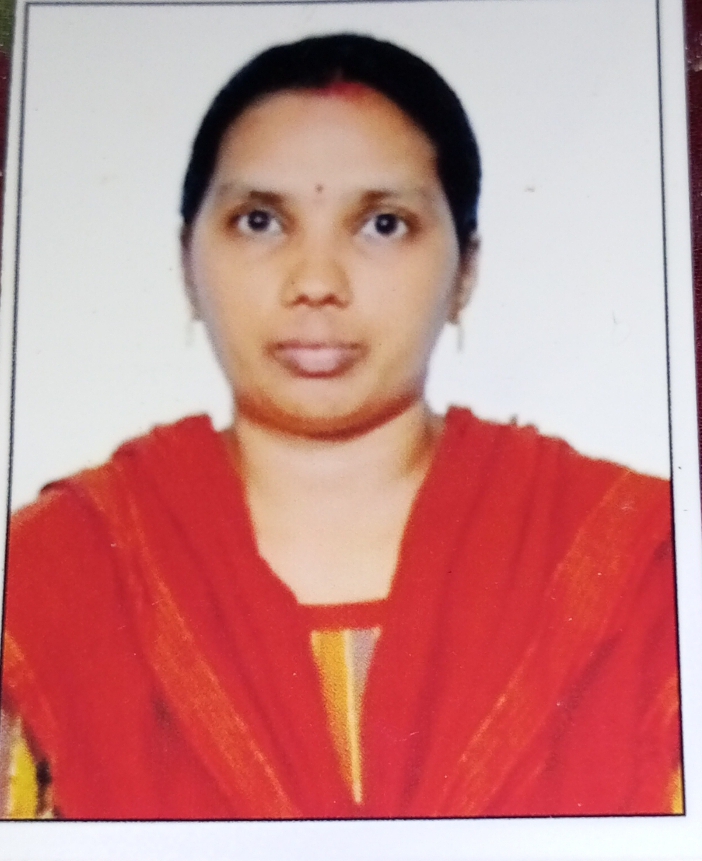
Ms. D. SIRISHA
Syllabus
- R20
UG_CSE_ AI&ML
VISION
- To evolve as a center of repute and produce globally competent professionals with high academic and ethical values.
MISSION
-
• To provide learning ambience to generate innovative and problem solving skills with professionalism through strong theoretical foundation, practical skills, and interdisciplinary knowledge to tackle real-world challenges.
• To foster consultancy and basic as well as applied research activities to solve real world problems through industry institute interaction.
• To engage in life-long learning and create awareness of the contemporary developments in computer science and engineering to become outstanding professionals with moral and ethical values.
PROGRAM EDUCATIONAL OBJECTIVES:
Program Educational Objectives of the Computer Science and Engineering provides the following wide aspects in connection with the Vision and Mission of the department.
PEO 1:
PEO 1:
To demonstrate technical expertise and provide solutions for challenging problems by applying computer engineering theory and principles.
PEO 2:
To possess a strong foundation in computer science and engineering principles that enables them to adapt to emerging technologies and continue their professional development through self-learning, advanced studies, and participation in professional activities.
PEO 3:
To achieve leadership roles in their profession by inculcating professional ethics and code of professional practices.
ICT BASED INSTRUCTIONAL METHODS FOR TEACHING AND LEARNING
Fast advancing computer technologies have changed the ways people live, work, play, and learn. One of the essential life skills in current times is digital literacy. It is imperative for teachers to adopt the latest ICT technologies for teaching. Therefore, ICT enabled technologies has become an important consideration for curriculum frameworks. SRK Institute of Technology (SRKIT) also has adopted ICT-enabled teaching methods in addition to conventional classroom teaching to impart advanced technologies and practical knowledge. ICT enabled teaching learning process grabs the interest of the millennial who are native users of technology and improves their learning curve and make them digital literates...
For more Info Click here
Laboratories
DATA WARE HOUSING AND DATA MINING LAB
This lab is part of III B.Tech II semester for CSE students. Data mining is the process of finding anomalies, patterns and correlations within large data sets to predict outcomes.The Data Mining Lab course covers the data sets and data preprocessing and to build data warehouse and query it and also to perform data mining tasks using a data mining toolkit. Demonstrates the working of algorithms for data mining tasks such as association rule mining, classification, clustering and regression, Exercise the data mining techniques with varied input values for different parameters on real world data sets. The students are expected to practice and implement the above said technologies with recommended systems/software requirements following the university prescribed textbooks and Lab manuals. The expected outcomes from the students are:
• To understand and apply data cleaning, pre-processing and integration techniques.
• The ability to add mining algorithms as a component to the exiting tools
• The ability to apply mining techniques for realistic data
• To explore the WEKA Tool for doing all mining process.
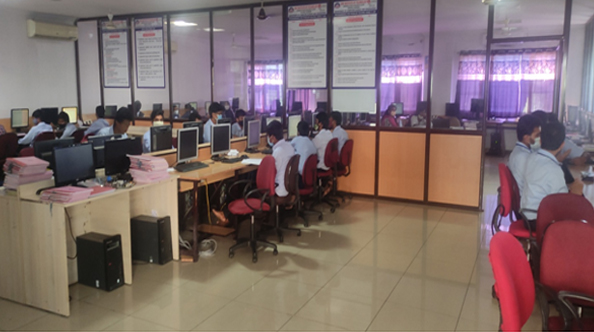
OPERATING SYSTEMS LAB
This lab is a part of III Btech I semester for CSE students. The Operating System lab introduces design aspects of an operating system.It also covers process management concepts ,storage management concepts and memory management concepts.The students are expected to relate theoritical concepts and practical implementations in Operating Systems.The labs are equipped with recommended systems/software requirements following the University prescribed textbooks and Lab manuals. The expected course outcomes are as follows:
• To understand the concepts of Operating Systems.
• To understand the use of an operating system to develop software.
• To implement bankers algorithms for deadlocks.
• To be able to use system calls in multiprogramming memory management.
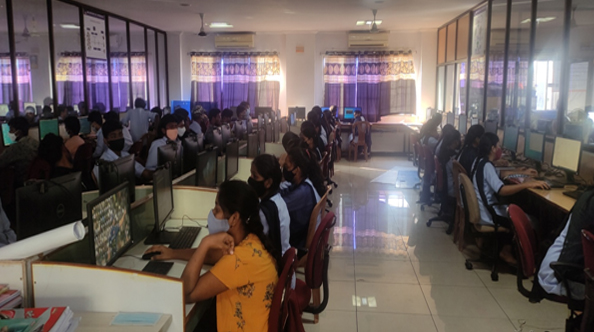

DATA BASE MANAGEMENT SYSTEM LAB
This lab is part of III B.Tech I semester for CSE students. This Lab deals with Database Management System and Query languages like SQL and PL/SQL, which are used to communicate with databases. This lab helps the participant to familiarize with the nuances of database environments towards an information-oriented data-processing oriented framework. This lab also gives good formal foundation on the relational model of data. The students are expected to practice SQL and procedural interfaces to SQL comprehensively.
The expected outcomes from the students are:
• Understand, appreciate and effectively explain the underlying concepts of database technologies
• Design and implement a database schema for a given problem-domain
• Normalize a database
• Populate and query a database using SQL DML/DDL commands.
• Declare and enforce integrity constraints on a database using a state-of-the-art RDBMS
• Programming PL/SQL including stored procedures, stored functions, cursors, packages.
• Design and build a GUI application using a 4GL
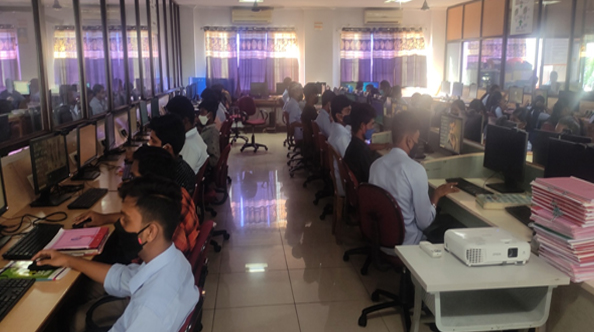
NETWORK PROGRAMMING LAB
This lab is as a part of III B.Tech II Semester for CSE students and is aimed at enable the students on network programming. Network programming generally used to develop client /server programming , which includes connection-oriented,and connectionless protocols . Whether a communication is connection-oriented or connectionless, is defined by the communication protocol. The connection-oriented protocols include Transmission Control Protocol (TCP) and connectionless protocols include User Datagram Protocol (UDP).
OUTCOMES:
• Understand and explain the basic concepts of Grid Computing;
• Explain the advantages of using Grid Computing within a given environment;
• Prepare for any upcoming Grid deployments and be able to get started with a potentially available Grid setup.
• Discuss some of the enabling technologies e.g. high-speed links and storage area networks.
• Build computer grids.
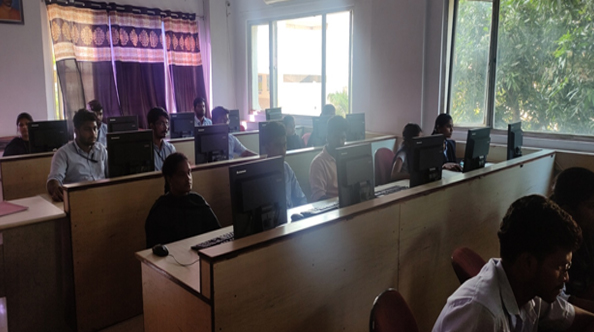
UNIFIED MODELING LAB
This lab is as a part of III B.Tech I Semester for CSE students and is aimed at acquaint the students with UML.UML (Unified Modeling Language) is a standard language for specifying, visualizing, constructing, and documenting the artefacts of software systems. UML is a pictorial language used to make software blueprints. UML is not a programming language but tools can be used to generate code in various languages using UML diagrams like Class diagram, Usecase diagrams etc., using Rational Rose software. UML has a direct relation with object oriented analysis and design and can be used to model ATM, Library Management etc, case studies.OUTCOMES:
• Understand the Case studies and design the Model.
• Understand how design patterns solve design problems
• Develop design solutions using creational patterns.
WEB TECHNOLOGIES LAB
This lab is part of IV B.Tech I semester for CSE students. This Lab deals with the concepts of web technologies that deal with the interaction between web servers and their clients. The main objective of the course is to make the students acquaint with the basic web technology concepts that are required for developing web applications. The key technology components include World Wide Web core technologies HTML, CSS and JavaScript and Server side programming languages PHP, Ruby and Perl. In addition the course gives specific contents that are beneficial for developing web-based solutions, like relational data-base communication basics. The students are expected to practice and implement the above mentioned technologies with recommended systems/software requirements by following the university prescribed textbooks and Lab manuals. The expected outcomes from the students are:• To develop static web sites using XHTML and Java Scripts
• To implement XML and XSLT for web applications
• To develop Dynamic web content using PHP,Ruby on Rails,Perl
• To develop DataBase connections and implement a complete Dynamic web application
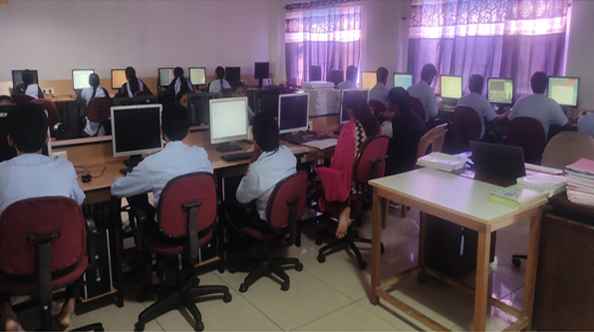
SOFTWARE ARCHITECTURE AND DESIGN PATTERNS LAB
This lab is a part of JNTUK curriculum for IV BTech I semester CSE students. In Software Architecture and Design Patterns lab, students will learn how to express and document the design and architecture of a software system using a visual notation. Students will learn how to apply design principles, patterns, and architectures to create reusable and flexible software applications and systems. The lab course is divided in 2 sub parts. The first part consists of the design and implementation of the software architecture of a Weather Mapping System (WMS) and in the second part consists of Design Patterns. The students are expected to use Rational Rose software design tool for designing architecture and design patterns. The expected outcomes from the students are• Understand interrelationships, principles and guidelines governing architecture and evolution over time
• Analyze the architecture and build the system from the Components
• Prepare creational patterns that deal with object creation mechanisms
• Prepare structural patterns that ease the design by identifying a simple way to realize relationships among entities.
• Learn behavioral patterns that identify common communication patterns between objects and realize these patterns.
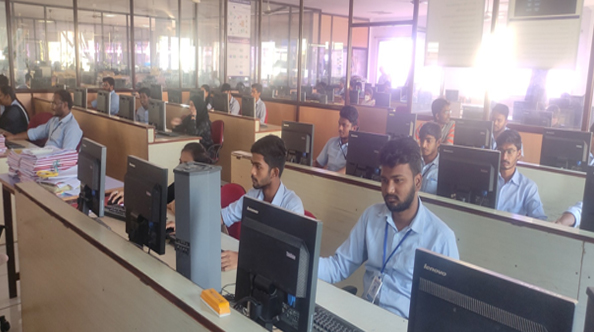
PYTHON PROGRAMMING LAB
Python is a general purpose, highly productive scripting language. Python is a language with a simple syntax, and a powerful set of libraries Virtually all modern programming languages make us of an Integrated Development Environment (IDE), which allows the creation, editing, testing, and saving of programs and modules. In Python, the IDE is called IDLE. Python is relatively easy to use and easy to learn, it is also a powerful tool for application development. The examples and problems used in this course are drawn from diverse areas such as text processing, simple graphics creation and image manipulation, HTML and web programming, and genomics.By the end of this lab, the student is able to • Write, Test and Debug Python Programs
• Use Conditionals and Loops for Python Programs
• Use functions and represent Compound data using Lists, Tuples and Dictionaries
• Handle Strings and Files in Python
• Design GUI, Graphics application.
• Implement Object Oriented Programming concepts in Python.
• Read and write data from/to files in Python.
• Develop Python programs step-wise by defining functions and calling them.
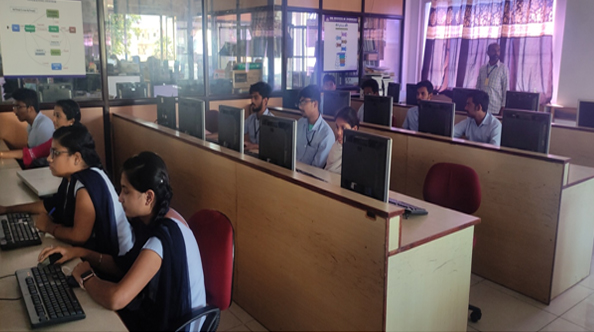
Achievements
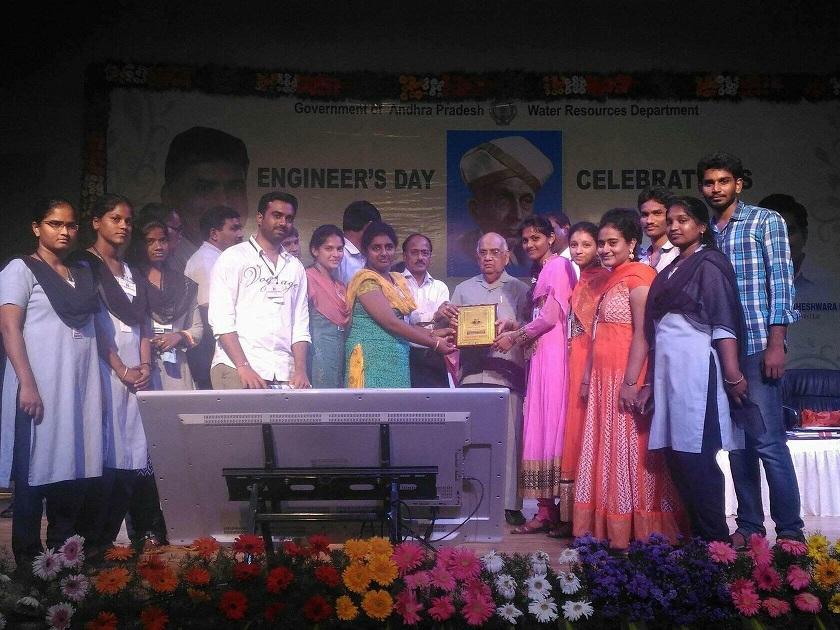
Department Activities
Civil Engineering Department has been conducting different activities for faculty and students such As Faculty Development Programs, Workshops, Seminars, Guest Lectures and Training programs on new technologies for the benefit of Civil Engineering students. Department also encourages the students to participate in different events such as paper presentations, poster presentations, model making, quizzes and cultural activities conducted by other colleges. Department of Civil Engineering also arranges Industrial Visits and field trips. Department made arrangements to send the students for internship programs to acquire Practical knowledge which is more useful for their carrier.
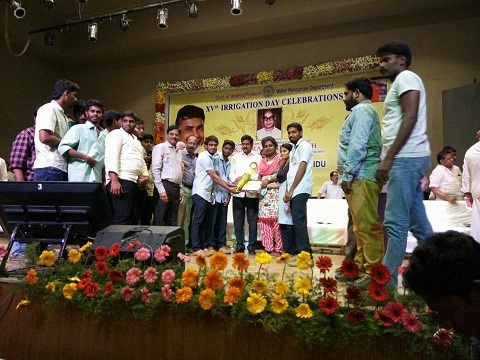
Projects
Get the latest SRKIT news and information about upcoming events on campus.

